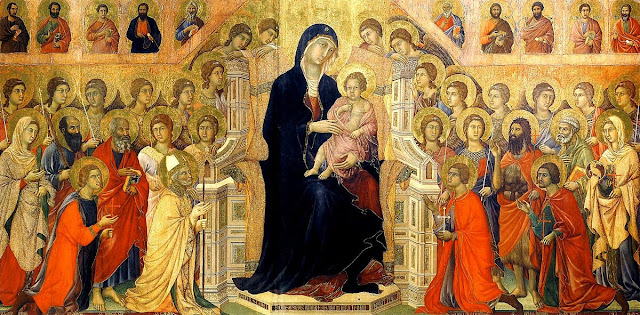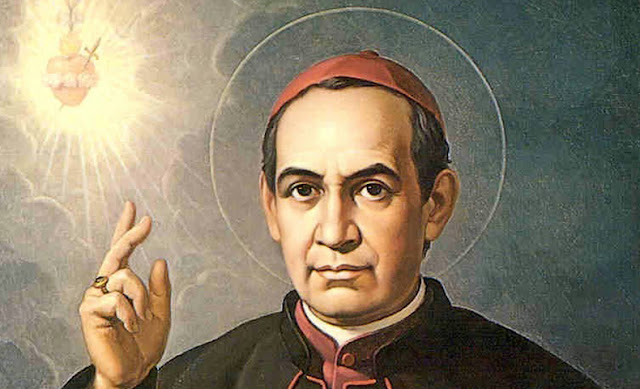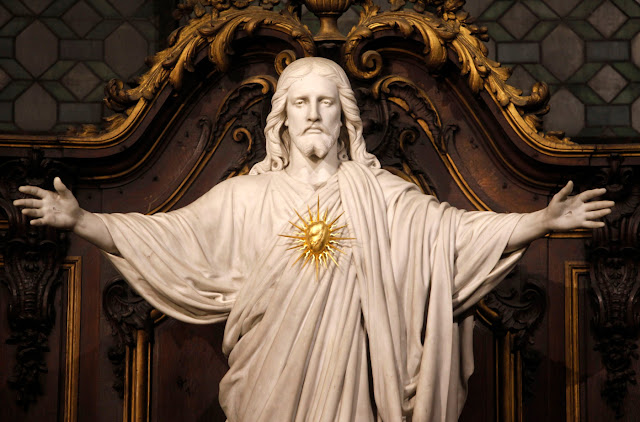Contrition: from the Catechism of the Council of Trent

Contrition: from the Catechism of the Council of Trent: . . The Meaning of Contrition . As the faithful require instruction on the nature and efficacy of the parts of Penance, we shall begin with contrition. This subject demands careful explanation; for as often as we call to mind our past transgressions, or offend God anew, so often should our hearts be pierced with contrition. By the Fathers of the Council of Trent, contrition is defined: "A sorrow and detestation of past sin, with a purpose of sinning no more."(1) And a little further on the Council, speaking of the motion of the will to contrition, adds: "If Joined with a confidence in the mercy of God and an earnest desire of performing whatever is necessary to the proper reception of the Sacrament, it thus prepares us for the remission of sin." . From this definition, therefore, the faithful will perceive that the efficacy of contrition does not simply consist in ceasing to sin, or in resolving to begin, ...







